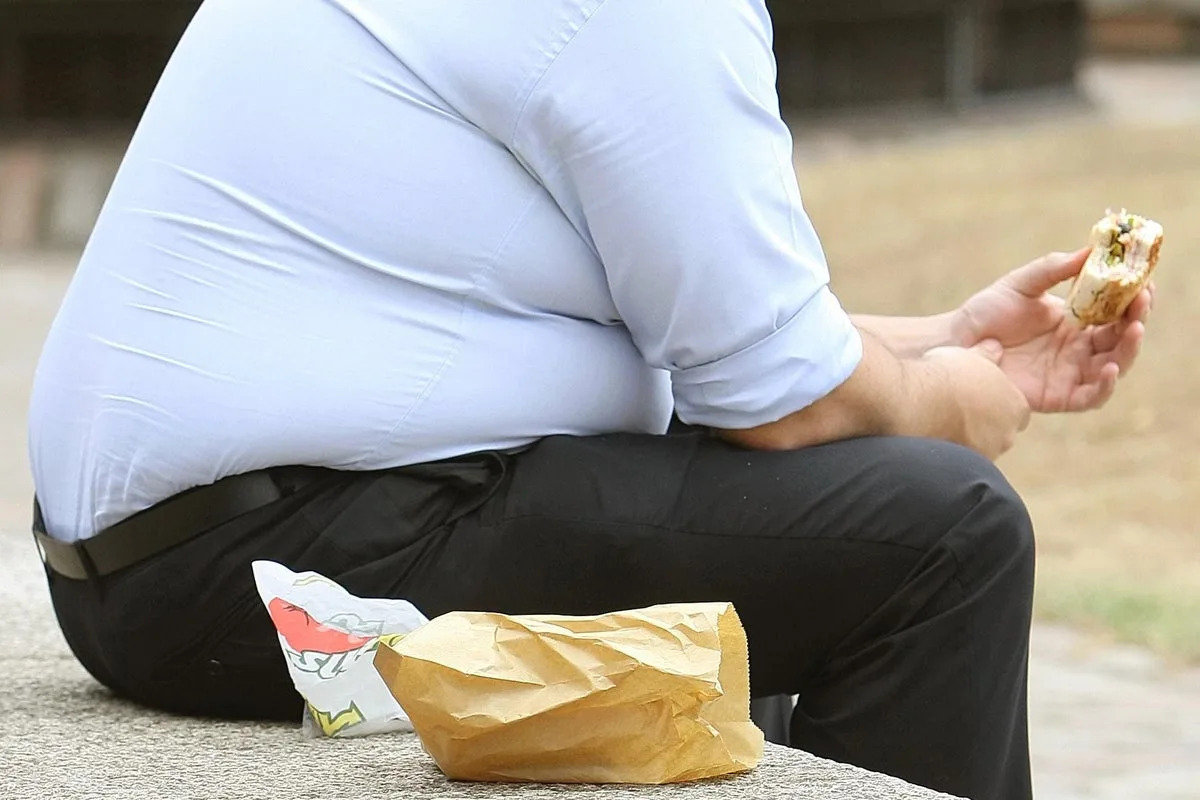- Joined
- Apr 14, 2011
- Messages
- 17,873
- Points
- 113
No wonder so many Sinkies succumbed to cancer!
Scientists discover important link between diet and cancer risk
Vishwam SankaranMon, 6 May 2024 at 7:55 pm SGT·2-min read

Scientists discover important link between diet and cancer risk
A chemical linked to uncontrolled diabetes can increase the risk of tumour formation, according to a new study that may help people susceptible to cancer manage their diet.
The study revises a longstanding theory about certain “cancer-preventing” genes. Known as Knudson’s two-hit paradigm, the theory proposes that cancer-preventing genes in human cells must be permanently deactivated before cancer can start to grow.
The latest research, however, suggests that methylglyoxal – a chemical released when the body breaks down glucose to produce energy – can deactivate such protective genes.
This means repeated episodes of uncontrolled diabetes or prolonged poor diet can “add up” over time to increase cancer risk.
“We started the study aiming to understand what factors elevate risk in families susceptible to cancer, but ended up discovering a deeper mechanism linking an essential energy consumption pathway to cancer development,” said Dr Li Ren Kong, one of the authors of the study from the National University of Singapore.
The researchers found that changes in glucose metabolism in lab-grown human breast tissue increased the risk of cancer by temporarily disabling a gene, called BRCA2, that protects humans from tumours.
They also showed that cells from people at a high risk of developing breast or ovarian cancer – because they have inherited a faulty copy of BRCA2 – were sensitive to methylglyoxal.
This chemical, the researchers said, can cause changes in DNA that serve as early warning signs of cancer development
The scientists also studied people who did not have a faulty BRCA2 copy but were still prone to experiencing higher-than-normal levels of methylglyoxal, such as those with diabetes.
Such patients, who usually produced excess methylglyoxal because of obesity or poor diet, displayed similar signs indicating a higher risk of developing cancer, the study found.
“Our research suggests that patients with high methylglyoxal levels may have higher cancer risk. Methylglyoxal can be easily detected by a blood test for HbA1C, which could potentially be used as a marker,” another author of the study, Ashok Venkitaraman, said.
“Furthermore, high methylglyoxal levels can usually be controlled with medicines and a good diet, creating avenues for proactive measures against the initiation of cancer,” he added.
The new findings hold promise for advancing cancer prevention strategies and promoting healthy ageing, the researchers said.
Dr Li said the findings raise “awareness of the impact of diet and weight control in the management of cancer risks”.
